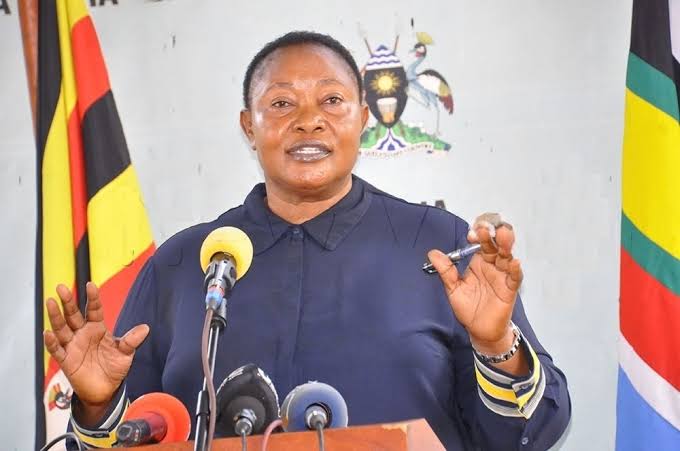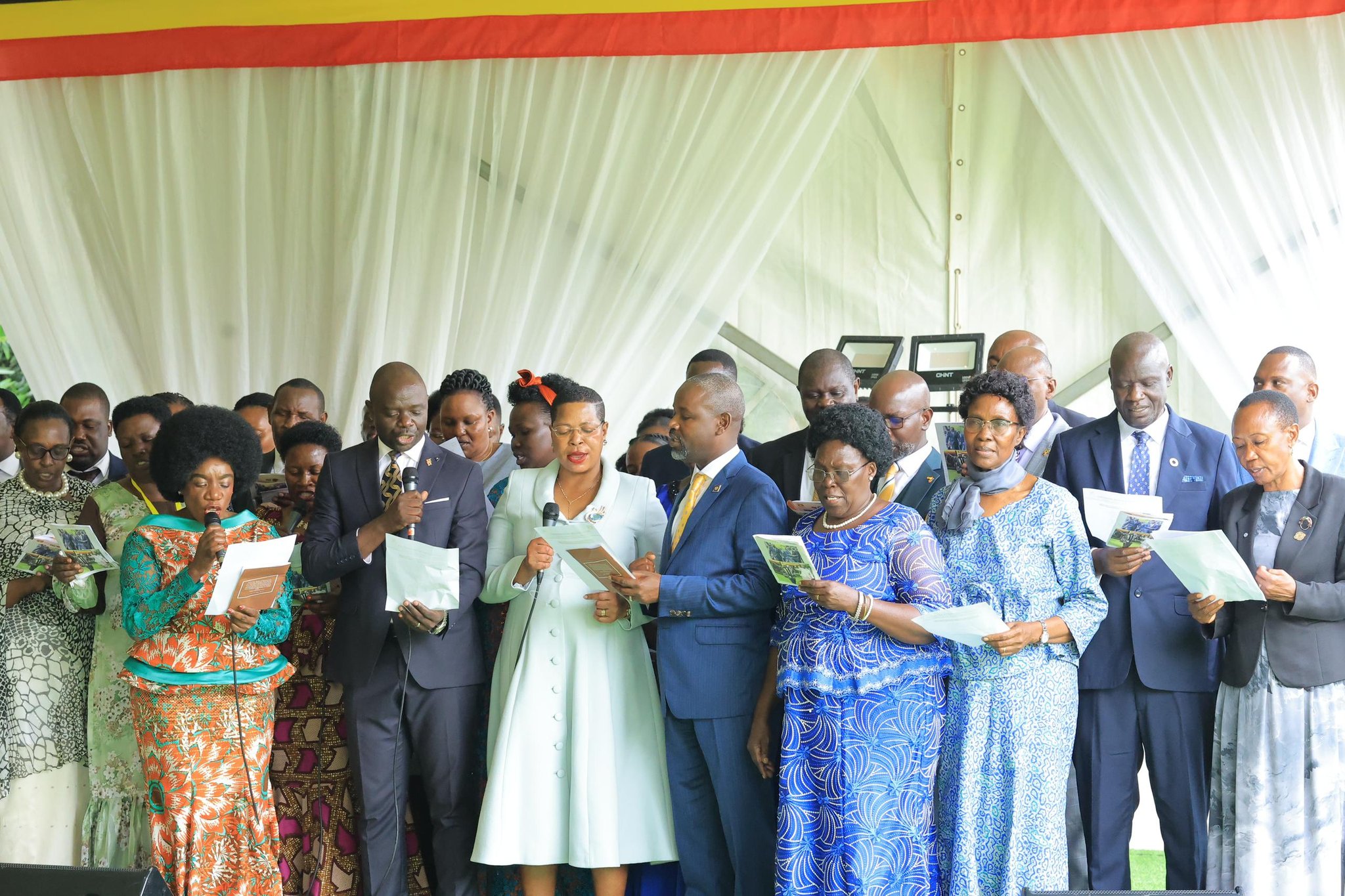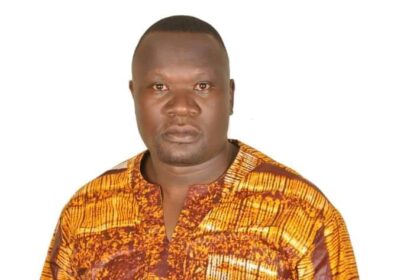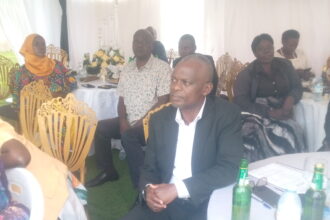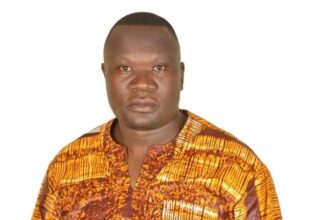As we gather at the Busikho Teachers Demonstration Primary School Grounds in Masafu Town Council, Busia District, to celebrate this year’s (62nd) Independence day under the theme: “Independence Day: A Re-commitment to Secure and Fortify Our Destiny”, it’s noteworthy that the occasion comes exactly 124 years since the signing of the 1900 Buganda Agreement.
The pact was reached between the regents of the infant King of Buganda (Kabaka), Sir Daudi Chwa and a representative of the Queen of England, Sir Harry Johnston. That agreement was to have far-reaching effects on the land rights of the colonized Ugandans in Buganda. It’s considered one of the most effective tools in entrenching colonialism in Uganda. Its power lay in depriving the common person of land-the foundation of power and development.
From then on, the stage was set for unequal land rights and economic inequality, which created a landless class of citizens that ended up being servants of those that had factors of production.
Therefore, colonialists introduced a system which deprived citizens of the right to participate in the economy of whatever was in place as a country. That is how our people started being excluded from the money economy, spectators permanently relegated to servitude and as slaves working in colonial mines and farms to produce what the colonial masters needed to feed their industries in Europe. On top of that, they were taxed heavily, on top of being oppressed with not rights to self-determination and to choose their leaders.
Someone who deprives you of economic power strips you of all other rights and enslaves you anyway they want.
Our Africans had no guns or cannons, but had they had economic power, all those could have been acquired. They would have fought back or defended their territory.
We should also recall that imperialists were driven by economic pursuits as they sought raw materials for their industries in foreign lands and to satisfy the emerging first class citizenry. They exploited our minerals and natural resources, killed our ancestors or shipped them away as slaves.
Other than Buganda, they also signed agreements with Tooro and Ankole, etc, around the same time. Land was characteristically a mainstay in those documents. If we had visionary leaders then, they would have determined that the interest of imperialists in land harboured a concealed value that should be preserved jealously, and if possible, fought for.
with such crippling schemes by the colonialists, the stage was set for our people to remain in subsistence practices since even those with some land were misled on land use. They were told that cash crops were things like coffee, tea and cotton while bananas, millet, potatoes, cassava, maize, etc were classified as “food crops”-that is to say, you could only grow them for eating (to fill the stomach) but not grow them for the market. That false idea implanted in the minds of the people and they left thinking about how to grow food crops both to eat at home and for the market. For the “cash crops”, not everybody was allowed to actually grow and trade in them as the sector was taken over by middle men serving imperial interests and taking advantage of farmers.
At the same time, they were denied knowledge on value-addition and doing small scale industry to process what they produced to harness the full potential in the agricultural value-chain. That’s how Uganda and our other African brethrens- in- bondage started exporting jobs and free money to our colonisers. That’s how our natural resources were spirited away both in daylight and at night as we stayed economically backward. No wonder, our scholars state that Africa developed Europe.
A lot can be said in lamentation about the injustice of the colonial system but it is our time to reverse the damage as leaders and an independent people.
Thus, celebrating independence is not a formality but a call to us to look back at the missed opportunities as a result of the subjugation we suffered and try our best to remedy the situation. Gaining independence exactly 62 years after the signing of the Buganda agreement and now, in this year of our Lord 2024, celebrating 62 years of independence is a mathematical equation of balancing timelines to look at how everything begun and renew our vows to fix the wrongs.
It’s a special anniversary to celebrate, like couples that celebrate silver and golden jubilees as a reminder of the times they have been through.
At 62 years of independence, we are blessed to have the best post-Independence leader of Uganda, Gen. (Rtd) Yoweri Kaguta Museveni, spearheading the revolution at the helm of the National Resistance Movement (NRM) which, with its armed wing, the National Resistance Army (NRA), fought a liberation war between 1981 and 1986 to reinforce our Independence, since we had been captured by “subcolonialists” at the time. during Idi Amin’s time, land belonged to the state. It’s NRM that returned private land ownership rights to the people.
Todate, H.E the President is the champion of the land rights of ordinary Ugandans. You have seen him severally speaking for and defending the rights of bibanja holders (squatters) including at his birthday celebrations in Semuto on September 15 and practically coming to the rescue of those dispossessed through illegal evictions.
Among the control measures is to direct that all evictions must be carried out only with a court order that is verified by City/District Security Committees (C/DSCs). Elsewhere, Government has given out titles to people to regularise their ownership on land after compensating landlords.
With the land rights of most Ugandans secured, the next step has been on how to utilise that land productively so as to overcome poverty entrenched since 1900.
On this occasion of celebrating Independence Day, we are in the third year since the launch of the flagship people empowerment and wealth creation strategy, the Parish Development Model (PDM). PDM operates on seven pillars, namely; (1) Production, Storage, Processing and Marketing; (2) Infrastructure and Economic Services; (3) Financial Inclusion; (4) Social Services; (5) Mindset change; (6) Parish Based Management Information System and (7) Governance and Administration.
Under Pillar No. 3 on Financial Inclusion, beneficiaries that were previously out of the money economy (and whose ancestors were likely deprived by colonial maladministration) are receiving Shs1million (one million shillings) to grow their agriculture-based enterprises to feed their families and also have something to sell in the market. This fund is transforming lives and, while there are challenges in its implementation due to mindset inertia, at full implementation, PDM will be among the consolations to wipe away our tears. I urge all Ugandans to embrace PDM and other empowerment programmes for youths, women and men as we shake off the colonial chains that tied us in generational poverty and underdevelopment.
I now take the honour and pleasure to wish H.E the President, Colleague Ministers and all Ugandans happy 62nd Independence celebrations.
For God and My Country!
The author is the Minister for the Presidency
Do you have a story in your community or an opinion to share with us: Email us at Submit an Article



